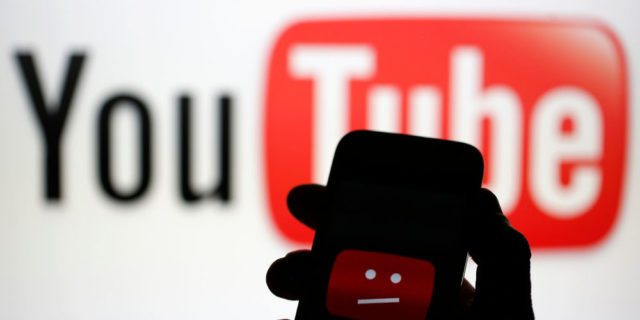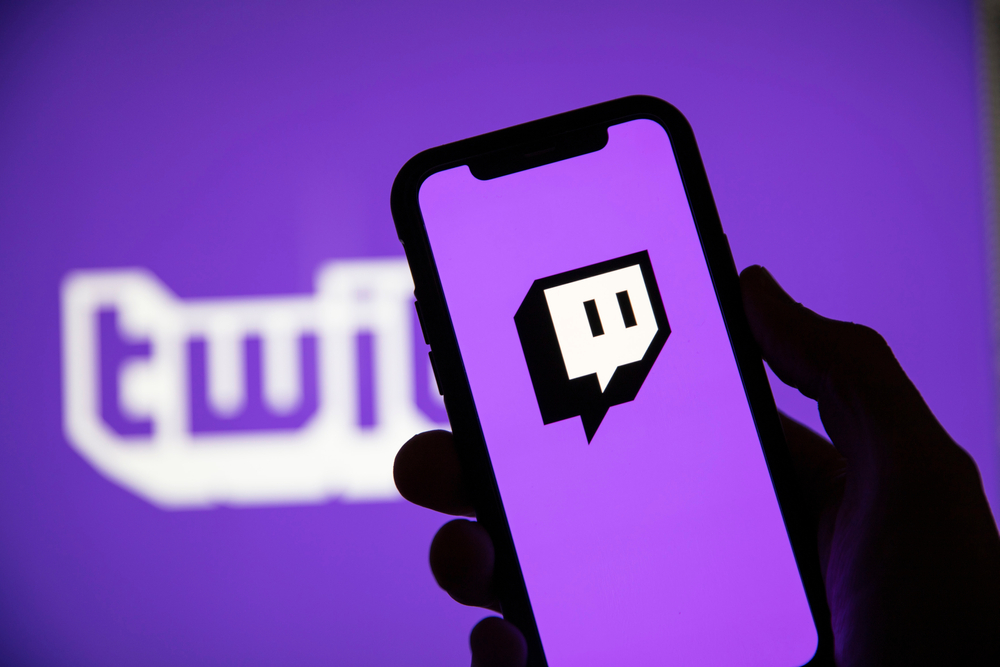Are a digital content creator who spends countless hours creating awesome looking, engaging, and insightful videos? Or perhaps you’re a musician who stays up nights trying to perfect that one tune? Isn’t it disheartening to find that the content you worked so hard to create is being used by other YouTubers without your permission? Worse still, they might be plagiarising your work and even making money from it.
If you’ve fallen prey to the monstrous demon of YouTube copyright infringement, there’s no need to break a sweat. The good news is that you can send a YouTube DMCA notice to request the removal of the infringing or plagiarized content. On the other hand, if your YouTube channel becomes the victim of a false copyright claim, you can issue a Youtube DMCA counter-notice.
But if you’re new to the world of online content creation, navigating the world of YouTube DMCA can be daunting. In this blog, we’ll take a deep dive into the process of filing a YouTube DMCA notice. We’ll also take a look at the most common copyright-related issues you’ll likely encounter while publishing videos on YouTube. Without further ado, let’s get started.
How Does YouTube DMCA Work?
YouTube has made it possible for any individual to file a copyright claim without hiring a lawyer. Here’s how the YouTube DMCA process typically works:
- You submit a copyright claim by filling out a complaint form on YouTube.
- YouTube removes the video containing the infringing material.
- YouTube notifies the owner of the corresponding channel and adds a copyright strike to their account.
- The channel owner can choose to accept the takedown or issue a counter-notice.
- If the channel owner files a counter-notice, YouTube will notify you.
- You have the choice to respond with a lawsuit. If you don’t respond to the counter-notice, YouTube will reinstate the video after 10 to 14 days.
Image via EFF
Depending on the final outcome, YouTube can also choose to reinstate the video but demonetize it. Alternatively, the platform can direct ad revenue from the video to your account.
How to File a DMCA Notice on YouTube?
Submitting a DMCA takedown notice on YouTube isn’t rocket science. The streaming platform provides you with a standard copyright complaint form. You just have to ensure that you provide accurate details while filling the form. Here’s what the form looks like:
Image via YouTube
Apart from the URL of the infringing content, you need to select the type of copyright violations from the drop-down list. Moreover, you need to provide some information about yourself before you can submit the copyright claim.
Image via YouTube
You can’t submit a DMCA notice on YouTube unless you’re the copyright owner or have been authorized by the owner. Also, you need to verify whether the use of your copyrighted work is covered under fair use.
Can You File a DMCA Claim on Stolen YouTube Videos?
If your copyrighted videos have been plagiarized or used without your permission on YouTube, you can easily file a DMCA notice. All you have to do is fill the copyright complaint form and submit it. However, if you’re not the rightsholder of the original video, YouTube won’t accept your copyright claim.
How Do YouTubers Fight Fake DMCA Notices?
YouTube’s easy DMCA takedown submission process has made it possible for anyone to file false copyright claims. If you become the victim of such a fake DMCA claim, don’t panic.
You just have to issue a counter-notice that includes the following details:
- Your personal details such as name, address, phone number, etc.
- Identification of the video that has been removed
- A statement of good faith belief stating that the video was removed by mistake or misidentification
- Consent to the jurisdiction of your local federal court
- Your electronic signature
If the rightsholder doesn’t respond with a lawsuit within two weeks after receiving the counter-notice, YouTube will restore your video. This will also help you get rid of the associated copyright strike on your YouTube channel.
What Happens if YouTube Doesn’t Act on DMCA Notices?
When it comes to copyright infringement, DMCA gives a safe harbor to service providers like YouTube. However, if you file a DMCA notice, YouTube is legally obligated to remove the infringing content.
In the worst-case scenario, if YouTube fails to take any action, you can directly send a DMCA takedown notice to the owner/creator of infringing content. You could also consider taking things to the court.
Has a YouTube DMCA Case Ever Gone to Court?
Most recently, YouTube settled a lawsuit against serial copyright troll Christopher Brady in October 2019. While Brady agreed to pay $25,000 in damages, he’s also been banned from submitting any copyright claims on YouTube.
Have you ever filed a YoutTube DMCA takedown notice? Share your experience in the comments section below.


